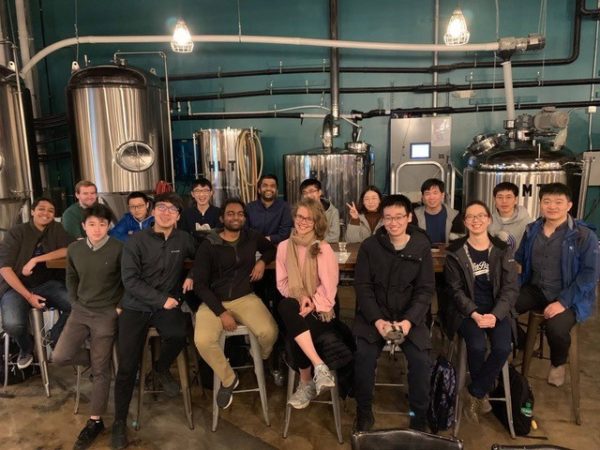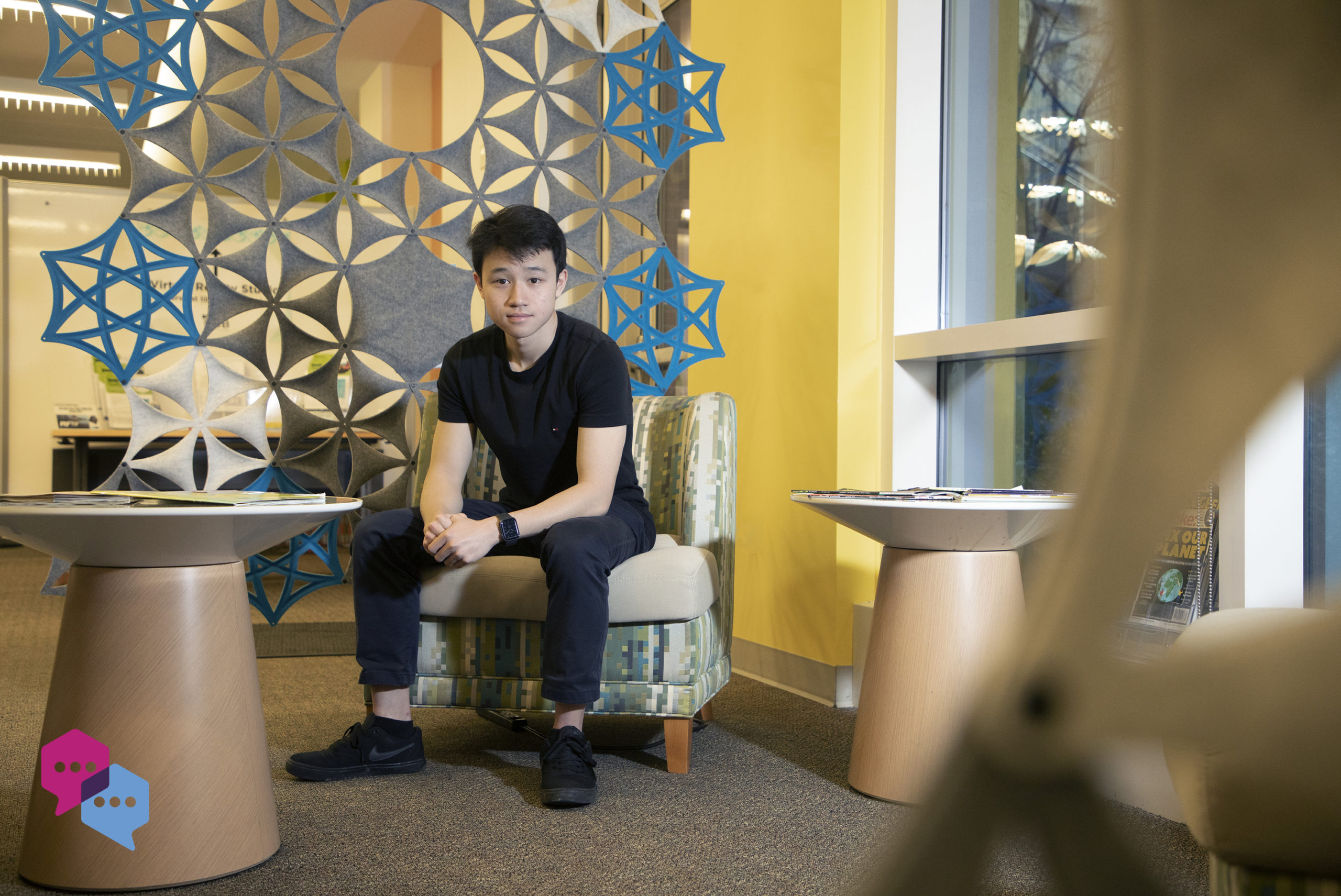Q: When you were a child, what was your response to this question: “What do you want to be when you grow up?”
A: I remember Thomas Edison making a significant impact on me when I was pretty young, so I thought I would become an inventor like him. Later, I came across books on Bill Gates, Paul Allen, and Mark Zuckerberg, and it became clearer to me that I wanted to do something related to technology. Actually, one night in primary school, after reading the book on Zuckerberg, I dreamt of myself coding — and that’s why I learned to code. The single most significant impact, though, came from Steve Jobs. His biography, which I bought right after he passed away, was life-changing. To this day, I have read or listened to the book about five times, and I reread it every year.
Q: Share the pivotal moment in your life that helped you choose your field of study.
A: When I was in high school, I was pretty interested in behavioral economics and statistics. This helped me develop a passion for using numbers to understand the fundamentally random nature of the world. In my first year of college, I worked on a project with my research advisor. I was tasked with using numeric representations of words to understand the evolution of conversation in the Wikipedia talk pages. At the same time, Cornell University professor Lillian Lee gave a talk at UNC on the use of machine learning and statistics to study sentiments and natural language. I was so hooked by the presentation that I fell in love with machine learning and language understanding.

Guo (first row, left) hangs out with members of the UNC Natural Language Processing Lab at a local brewery.
Q: Tell us about a time you encountered a tricky problem. How did you handle it and what did you learn from it?
A: One of the more recent technical problems I had was measuring the uncertainties in modern machine learning systems. My usual go-to approach is to read loads of papers and, if possible, talk to people who are experts. In this case, I ended up spending half of the winter break going through the PhD thesis of a professor at Oxford.
Q: Describe your research in 5 words.
A: Teaching machines to understand language.
Q: What are your passions outside of research?
A: Reading papers, books, and the news. Some of the books are directly related to my research, but I enjoy reading things on the economy and mathematics, as well as biographies. Books help me connect my knowledge to other disciplines.


